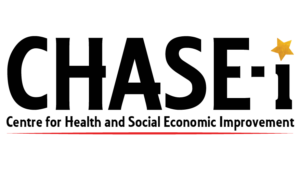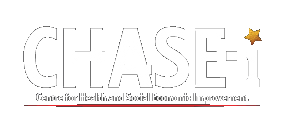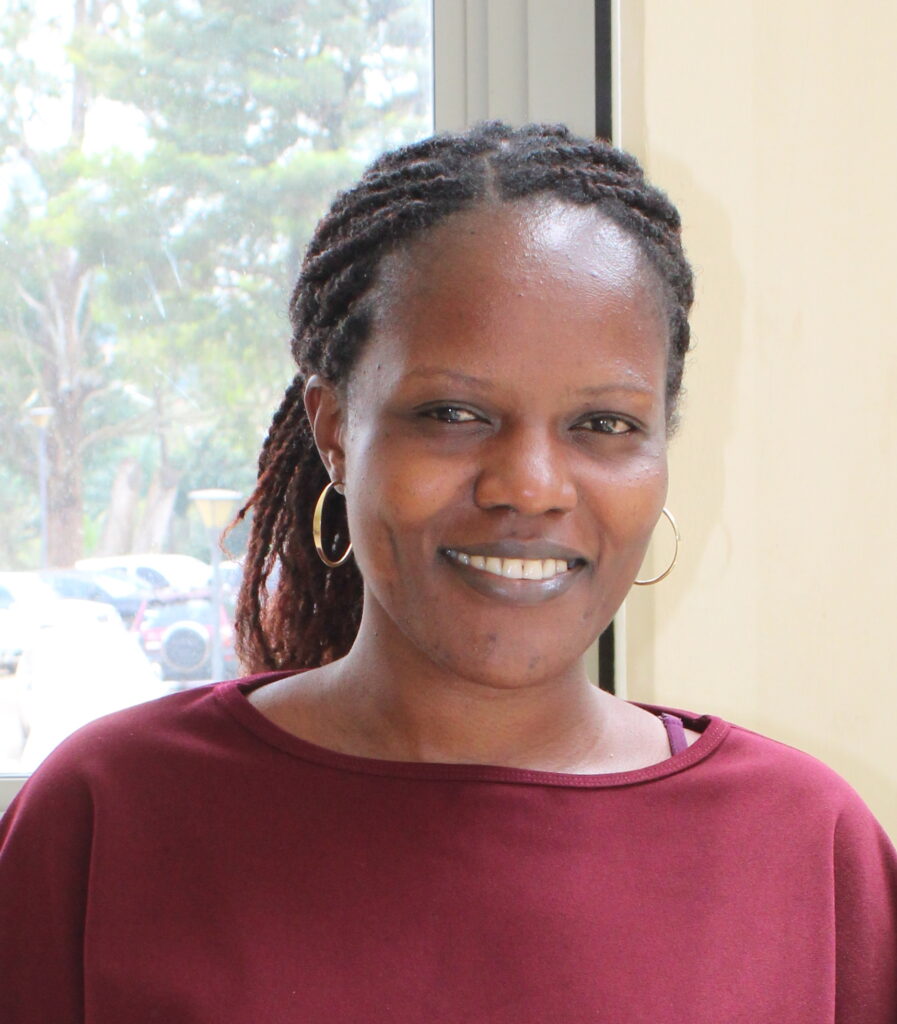Food during the COVID-19 lockdown

Maria Ssematiko
- February 7, 2022
The COVID-19 pandemic has had an impact on people and communities all over the world, including Uganda. In June 2021, the Government of Uganda enforced a nationwide lockdown prohibiting inter-district travel and restriction of both public and private transport, except for essential workers. Although aimed at controlling the spread of the virus, the restrictions resulted in income losses, disrupted the food systems and affected households’ access to healthy food. Nonetheless, there has been a positive shift. Even with the loss of income and increasing financial pressures, studies show that there has been profound change to diet during the lock down. Families had opportunities to cook at home where most children ate/still eat home cooked meals This has given parents more control over what children consume because they spend more time with them than before the lockdown.

On the other hand, these restrictions have also accelerated technology to contextualize and cater for the needs of people in the lockdown from the comfort of their homes. Now, food can be accessed by a simple click and this has encouraged companies to advertise and offer free delivery for unhealthy food and drinks.
For example, children have adopted negative snacking habits between meals for example eating crisps, ice-cream, biscuits, sweets, chocolate, pizza etc. through the easy access to and availability of these foods. Furthermore the lack of routine and boredom does not make this any better. Delivery companies like Jumia and Glovo have leveraged on this to provide these unhealthy foods almost instantly as the consumers don’t even have to wait that long. They also went ahead to spice it up with promotion offers every week to ensure that they remain in business. For example, a client gets large unhealthy meal for only 16,500/= (an equivalent of less than $5 USD) on free delivery! It is such offers, food behaviors and food quality that our project targets to characterize, document, inform and generally support the Uganda Food and Drug policy.

The FACe-U project seeks to examine the extent and nature of food advertising targeted to children and adolescents (5-18 years) in Uganda and in doing so will highlight these tendencies within our society.
About the Author
Maria studied public health and tries to “walk the talk”. She is an Associate at CHASE-i, also leading on Compliance and Project Administration for the FACe-U project.


